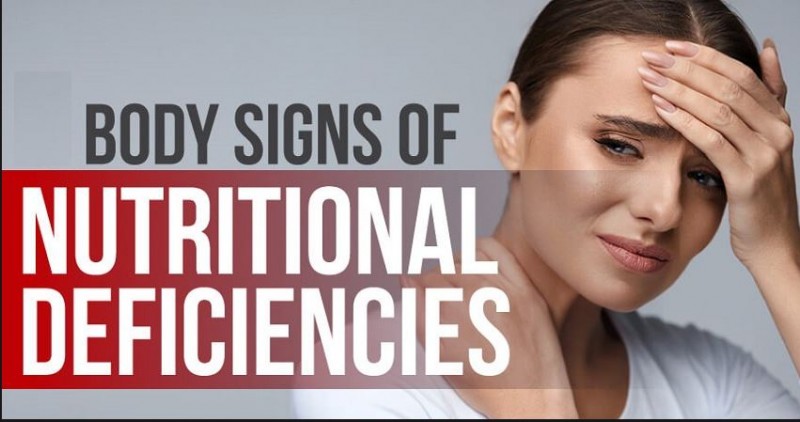
Nutrient deficiency, a condition arising from an inadequate intake of essential vitamins and minerals, is a silent health crisis affecting millions worldwide. Despite the abundance of food in many parts of the world, poor dietary choices, food scarcity, and malabsorption issues can lead to significant health problems associated with nutrient deficiencies.
Causes of Nutrient Deficiency
Nutrient deficiencies can stem from various causes:
Poor Diet: Consuming a diet high in processed foods and low in fresh fruits, vegetables, and whole grains can lead to deficiencies in essential nutrients. Fast food, sugary snacks, and beverages lack the necessary vitamins and minerals needed for optimal health.
Food Insecurity: In many parts of the world, limited access to a variety of nutritious foods leads to deficiencies. This is often seen in impoverished regions where a lack of resources results in a diet that cannot meet nutritional needs.
Malabsorption: Some medical conditions, such as celiac disease, Crohn's disease, and certain gastrointestinal surgeries, can impair the body's ability to absorb nutrients from food.
Increased Nutrient Needs: Certain life stages and conditions, such as pregnancy, breastfeeding, and illness, increase the body's demand for specific nutrients, potentially leading to deficiencies if these needs are not met.
Common Types of Nutrient Deficiency
Iron Deficiency: Iron deficiency is the most common nutrient deficiency globally. It leads to anemia, characterized by fatigue, weakness, and pale skin. Women of childbearing age, pregnant women, and children are particularly at risk.
Vitamin D Deficiency: Vitamin D is crucial for bone health, and its deficiency can lead to rickets in children and osteomalacia in adults. Limited sun exposure and poor dietary intake are common causes.
Vitamin A Deficiency: Essential for vision and immune function, a lack of vitamin A can cause night blindness and increase susceptibility to infections. It is a significant public health issue in developing countries.
Iodine Deficiency: Iodine is necessary for thyroid function. Its deficiency can cause goiter and intellectual disabilities in children. Iodine deficiency is common in regions with low iodine soil content.
Calcium Deficiency: Calcium is vital for bone health. A deficiency can lead to osteoporosis and increased fracture risk, especially in postmenopausal women.
Symptoms and Health Consequences
The symptoms of nutrient deficiencies vary depending on the specific nutrient involved. Common signs include fatigue, dizziness, brittle hair and nails, muscle weakness, and compromised immune function. Long-term deficiencies can lead to severe health issues such as impaired cognitive function, weakened bones, and an increased risk of chronic diseases.
Prevention and Treatment
Balanced Diet: A diverse and balanced diet rich in fruits, vegetables, whole grains, lean proteins, and healthy fats is the best way to prevent nutrient deficiencies. Incorporating a variety of foods ensures an adequate intake of essential nutrients.
Supplements: In cases where diet alone cannot meet nutritional needs, supplements can be beneficial. However, they should be used under the guidance of a healthcare provider to avoid potential toxicity.
Fortified Foods: Many countries have implemented food fortification programs to address common deficiencies. For example, iodized salt and fortified cereals can help mitigate iodine and iron deficiencies.
Regular Check-ups: Routine health check-ups and blood tests can help detect nutrient deficiencies early, allowing for timely intervention and treatment.
Nutrient deficiencies are a global health concern with far-reaching consequences. By understanding the causes, symptoms, and preventive measures, individuals can take proactive steps to ensure they receive adequate nutrition. Governments and healthcare organizations also play a crucial role in promoting nutritional awareness and implementing programs to combat deficiencies. A well-nourished population is essential for a healthy and productive society.
Are You Peeling Out Garlic? Know the Surprising Benefits of Keeping the Skins On
Easily Accessible Five Foods That Help Treat Symptoms of Vertigo
These 10 Signs Show You Are Iron Deficient and How You Can Fix It